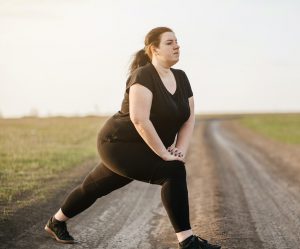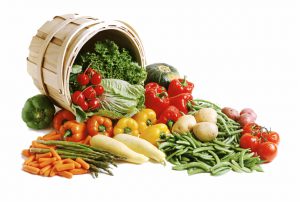Obesity and Your Veins

Here’s what you need to know about obesity and vein health
Combined with the effects of gravity, obesity can serve as a fast track to varicose veins and spider veins.
- Here’s how:
- More weight = more pressure on your veins
- More pressure on veins = more pressure on valves and vein walls
- Pressured veins and valves = blood leaks backward and pools in leg veins
- Pooled blood = bulging veins in legs
The excessive fat that develops in obesity can sometimes obscure varicose veins until they are very big (and very painful), and may cause leg ulcers. The tell-tale signs of heaviness and/or fatigue in the legs can be mistakenly attributed to obesity itself, rather than venous problems. Even when varicose veins and spider veins are diagnosed and treated, ongoing obesity can cause varicose veins to reoccur.
Tips to lighten the load from your veins

Good Night, Sleep Right: several studies have proven the connection between poor sleep, hygiene, and obesity. Ever notice how much and what type of foods you crave when you’ve had a poor night’s sleep? (Pizza, anyone?) Sleep hormones regulate the appetite and make us want to eat junk—lots of it. Sleeping less than 5 hours a night or greater than 9 hours can increase the risk for obesity as these irregularities cause sleep hormones to go awry.
Move It: weight is positively affected by exercise, as it helps to burn off calories and fat. Exercises that focus in part on the legs can improve circulation and muscle tone. This can relieve pressure on the veins, lower hypertension and blood pressure, and enhance the entire circulatory system.

Don’t Eat Your Feelings: they’re called comfort foods for a reason. While foods full of sugar and carbohydrates may cheer us up when we’re feeling sad or stressed, making them your go-to coping mechanism is a recipe for weight problems. Instead of giving in to cravings when times are tough (or when you’re bored), try out other activities to help you manage: meditation, deep breathing, exercises like running or yoga, watching a funny movie, or calling a friend who will put a smile on your face.
Eat This, Not That: it may seem obvious that eating healthier foods will lead to a healthier weight. While this is true, making an effort to eat foods that are low in salt and rich in fiber and antioxidants also helps maintain good cellular health, fortifying the vein walls and preventing further ve-nous issues. Ensuring the first course of any meal consists of fresh fruit, vegetables, whole grains, and low-fat protein sources helps your body fill up on the good stuff first, leaving you with less of an appetite for calorie-dense foods: carbs, sugar, and fat.
If you have already noticed the presence of varicose veins or spider veins, losing weight will improve their appearance and keep them from getting worse (but it will not erase them completely). Even if venous conditions run in your family, maintaining a healthy weight can help ward off varicose veins and spider veins, in addition to heart disease, stroke, diabetes, and many other health conditions. Obesity is like a free pass for venous conditions to wreak havoc on your legs, but you can stop the negative effects in their tracks.